Japan's famous black tea brand which tastes good Japanese people like to drink black tea historical story brief introduction
Black tea accounts for less than 1% of Japan's total tea production, and it is only a marginal product in an industry dominated by green tea. Its rarity and hard to find is deeply rooted in Japanese culture. For more than 150 years, the country has been trying to stimulate production, but despite efforts and resources, it has never been achieved. However, over the past decade or so, we have seen a continuous increase in the popularity of black tea among local drinkers.
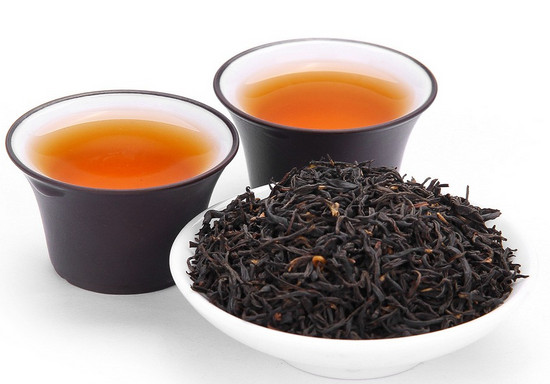
The History of Japanese Black Tea
In 1853, Brigadier General Perry led his vast fleet across the sea to the coast of Japan. His armed ships forced the country, once completely isolated for some time, to open up.
After more than 200 years of isolation, Japan has finally entered the international trade of light industry. A few years later, at the turn of the Meiji era (1868-1912), Japan began to really embrace trade with the outside world. Of course, tea is one of the products that people are interested in.
Japanese green tea has been introduced into the global market and its exports have expanded rapidly. The number has increased, but the peak is only a fraction of the black tea consumed in the western world. Businessmen and government officials realized the potential of black tea trade and began to promote the production of black tea in Japan.
Black tea is not only in line with the taste of Westerners, but also better preserved when crossing the ocean, so it is obviously the best choice for international trade.
Throughout the first half of the 20th century, the Japanese government tried to encourage domestic production of black tea. Chinese experts were brought in and Japanese growers were sent to India and Sri Lanka (then known as Ceylon) to study their culture. Despite these efforts, the buyer still did not buy the product.
Another problem plagued the project: the British colonies set prices in the market that Japan could not compete with. So in the end, Japan never succeeded in playing an important role in the black tea world, and in 1971, the government stopped pushing things forward, and national production almost completely stopped.
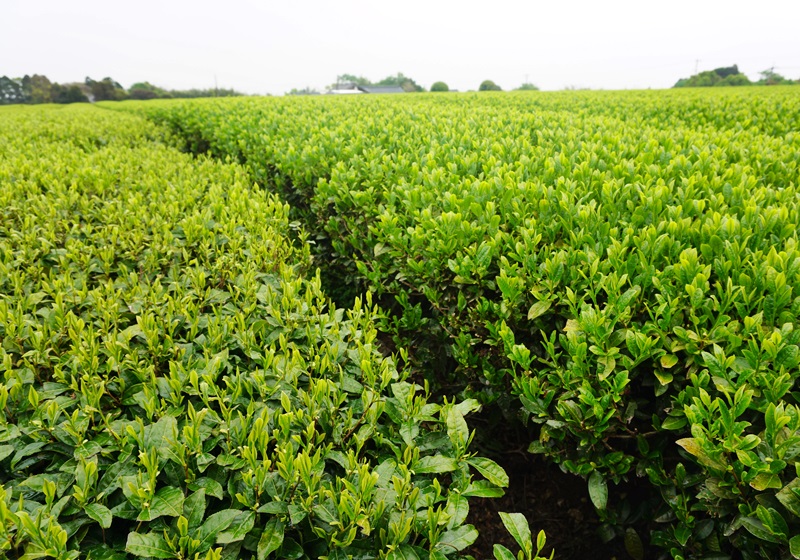
2019 Japanese black tea
Because green tea is easier for them to make and has a more reliable market value, manufacturers continue to focus on this style.
Just like for the last eight centuries. Then in the 1980s, the sudden decline in Japan's overall tea consumption began an economic transformation. The decline in green tea sales is beginning to show.
By the late 1990s, its sales were so low that manufacturers began to look for ways to make up for lost revenue. Some people started drinking black tea again.
Black tea production was negligible in the 1990s and is still very small today, but since then, black tea production has been growing steadily behind the scenes. Due to the need, manufacturers also began to provide new and unique tea products to the market, hoping to create a niche market for their tea.
Over the past decade or so, we have seen an increase in innovation and creativity in the industry.
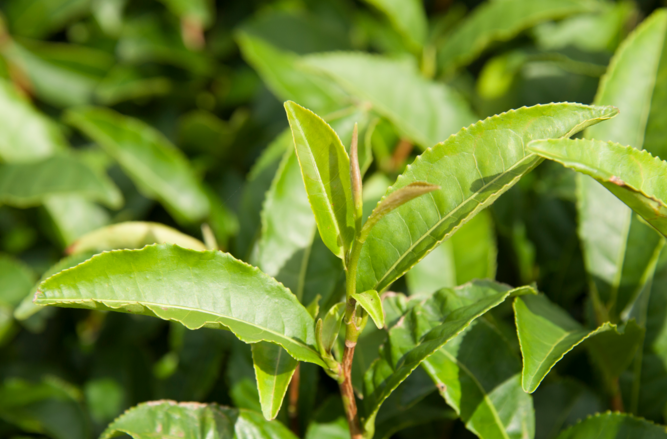
[Houjiu Organic Black Tea]
It took five years of research (and tasting) to find this Japanese black tea. It is produced in Kagoshima Prefecture, Kyushu, and this is the first representative of a unique tea style that we have found with a real sense of identity. The unique and determined Japanese style adds a new element to our catalogue. Smooth, fragrant and full of warm flavor, it rides on a delicate line between bold and delicate.
[Fuzi organic black tea]
This Japanese innovation is the result of controlled fermentation. The leaves themselves come from the organic garden of Springfield Mountain in Shizuoka Prefecture, and they follow a series of unusual transformation techniques. Wither, knead, ferment and sterilize. Then, in a control room, a single Aspergillus awamori spore was introduced for fermentation. The leaves are then stabilized by drying and sorting. The result: a tea with a very unique taste that is closer to black tea than fermented tea. The aromas of dried fruit, malt and roasted cereals all give off a very strong and surprising experience. It's hard to classify. It tastes different from other teas, but it's easy to appreciate.
Important Notice :
前街咖啡 FrontStreet Coffee has moved to new addredd:
FrontStreet Coffee Address: 315,Donghua East Road,GuangZhou
Tel:020 38364473
- Prev
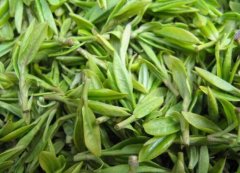
What kind of tea is Daye green tea? where is it from? What are the more famous varieties of tea in Guangdong?
Guangdong is a famous export trade province in China, from which tea was first exported to the world. But in terms of tea production, it is not as famous as Zhejiang and Fujian. The famous products are Phoenix Dancong (oolong tea) and Yinghong 9 (black tea). Daye green tea, as a local tea, used to be very popular. However, due to the decline in production in recent years, it will gradually be forgotten.
- Next
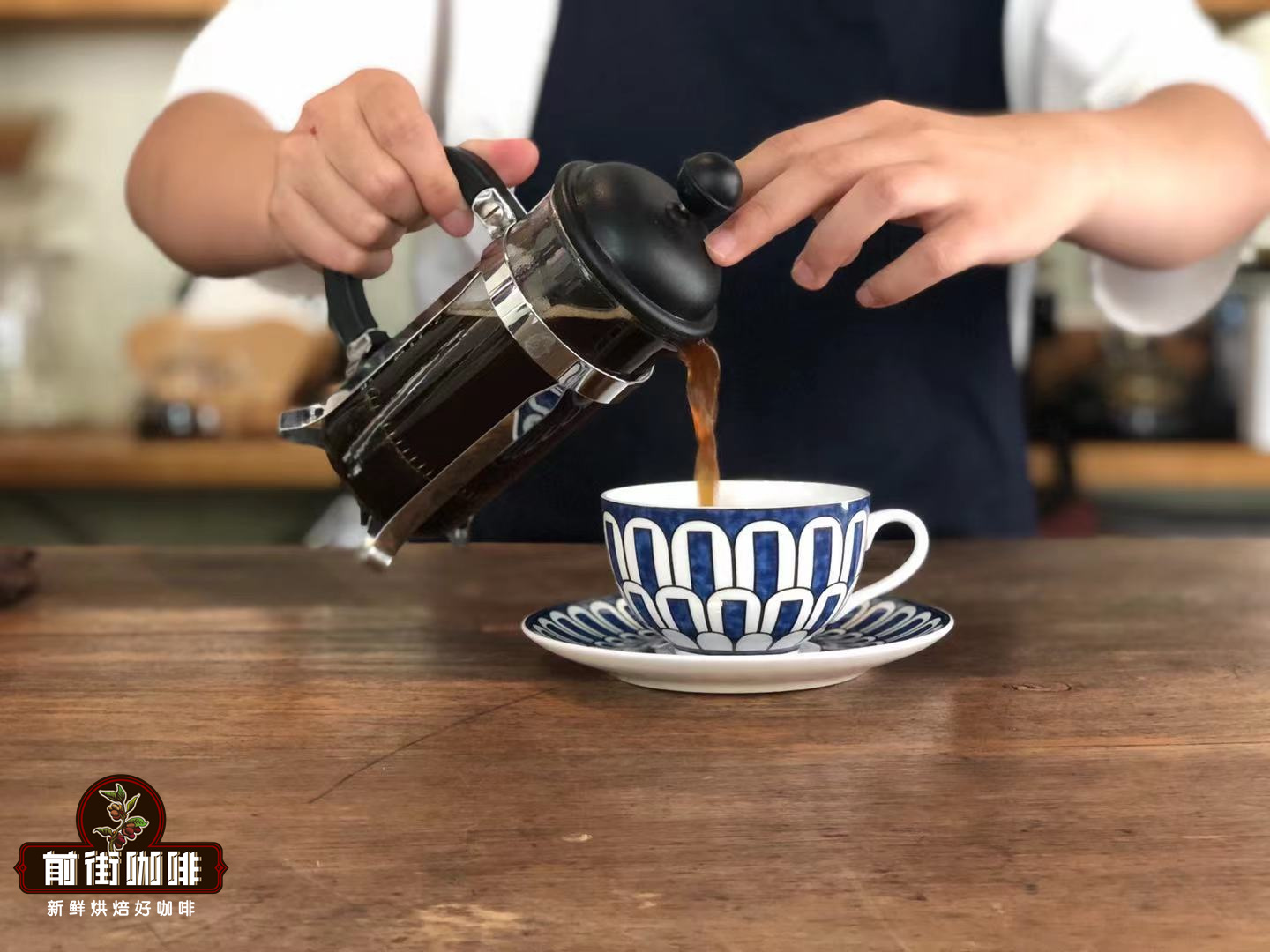
Introduction to hand-brewed coffee is the thickness of coffee alcohol coffee concentration? Factors affecting the thickness of caffeine
Right! Caffeine thickness coffee concentration ~ to be exact, the two are not on the same channel. But since so many people can misunderstand their relationship, of course, there is a reason ~ (tongue: after all, because of me) what is the thickness of caffeine? Alcohol thickness belongs to the touch of the mouth, not the taste bud experience. The thickness of alcohol is reflected in the sense of "pressing the tongue", for example: in the product
Related
- Beginners will see the "Coffee pull flower" guide!
- What is the difference between ice blog purified milk and ordinary milk coffee?
- Why is the Philippines the largest producer of crops in Liberia?
- For coffee extraction, should the fine powder be retained?
- How does extracted espresso fill pressed powder? How much strength does it take to press the powder?
- How to make jasmine cold extract coffee? Is the jasmine + latte good?
- Will this little toy really make the coffee taste better? How does Lily Drip affect coffee extraction?
- Will the action of slapping the filter cup also affect coffee extraction?
- What's the difference between powder-to-water ratio and powder-to-liquid ratio?
- What is the Ethiopian local species? What does it have to do with Heirloom native species?

